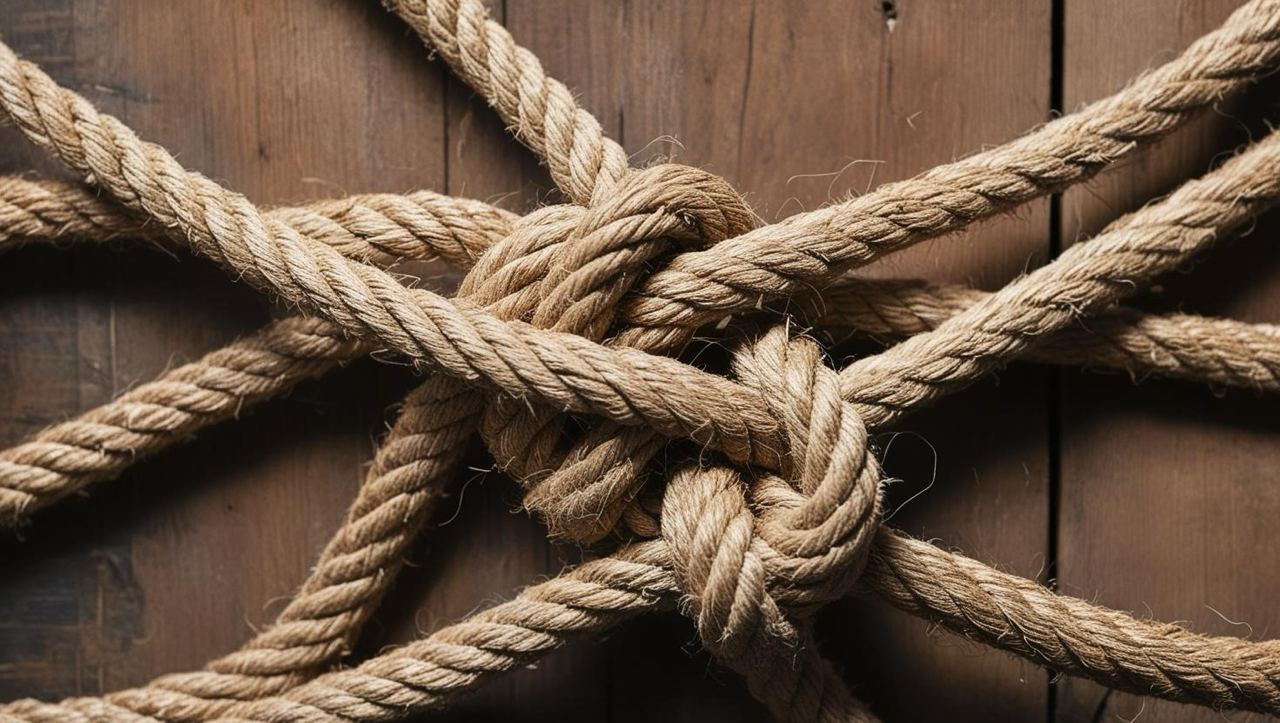Apostasy—the act of leaving one’s religion—remains one of the most hotly debated topics in the world today. Critics often point to Islam as being especially harsh toward those who renounce their faith, citing laws in Muslim-majority countries that criminalize apostasy with punishments ranging from social ostracism to, in some cases, execution.
But while these practices exist in the name of Islam, do they reflect Islam’s actual teachings?
The answer is no. Islam, at its core, champions freedom of religion, not compulsion, not coercion, and indeed not violence.
Compulsion In Religion
The Qur’an is crystal clear on this issue: “There is no compulsion in religion” (2:257). Faith, according to Islam, must be embraced freely, not forced, not inherited, and not maintained under threat. The choice to believe—or not believe—is a deeply personal one.
This foundational principle alone is enough to disqualify any form of punishment for apostasy. Yet, misconceptions persist—often due to political policies that are wrongly assumed to be based on Islamic law.
Additionally, another verse that shows how Islam is against punishing apostasy comes from the Qur’an itself. Throughout its pages, the Qur’an acknowledges the possibility of people leaving and even returning to Islam—something that wouldn’t be feasible if apostasy resulted in death. For example, in Surah An-Nisa’, it says:
“Those who believe, then disbelieve, then believe again, then disbelieve, and then increase in disbelief—Allah will not forgive them.” (4:138)
This verse does not prescribe a human punishment. It refers only to God’s judgment in the afterlife. The fact that someone could disbelieve and then return to faith underscores that Islam leaves the door open for all, regardless of past choices. If the punishment for apostasy was death, how could one go from belief to disbelief multiple times?
The Prophet Muhammad’s Example
In the life of the Prophet Muhammad (peace be upon him), there is not a single recorded instance where someone was punished purely for leaving Islam. Despite facing betrayal and opposition—even from former companions who left Islam and turned against him—he never retaliated based on their religious choice alone.
Instead, the Prophet Muhammad (peace be upon him) taught that judgment of belief is God’s alone. Humans are not appointed as guardians of each other’s faith. Belief is a matter of the heart, and no government or authority has the right to intervene in it.
It is an oft-repeated allegation that Islam was spread by the sword. Such allegations, born out of prejudice and envy, have formed the basis of later claims that Islam is a religion of war and terror. Fair-minded commentators have utterly rejected this false notion of Islam. De L O’Leary, for example, writes:
“History makes it clear, however, that the legend of fanatical Muslims sweeping through the world and forcing Islam at the point of the sword upon conquered races is one of the most absurd myths that historians have ever repeated.” (Islam at the Crossroads, p.8)
A Faith that Invites, Not Forces
Islam is a religion of truth, but truth does not fear questioning. A faith that is truly divine invites reflection, not repression. Punishing someone for changing their beliefs contradicts the very nature of belief itself.
To believe in Islam is to believe in a God who gave us free will. And with that comes the right to choose—even if that choice is to leave.
So let’s be clear: apostasy is not a crime in Islam. It is a test of faith, not a trial in court.
Faith must be chosen, not enforced. And Islam, at its heart, stands firmly on the side of freedom of conscience.















